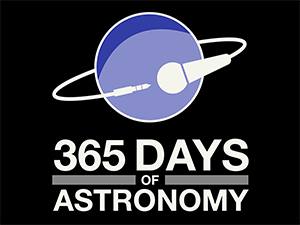
Before we can leave our solar system as humans, we need to understand how space affects our bodies.
Science has investigated lots of the changes in the human body in reaction to spaceflight except how the brain changes, until now. A new study in Frontiers in Neural Circuits shows structural changes in the brain as a result of spaceflight.
First, some background. Gray matter is the thinking part of the brain, and white matter allows different gray matter parts to communicate. A team of ESA and Roscosmos researchers studied the brains of twelve cosmonauts before and after spaceflights using a technique called fiber tractography using a special MRI machine. This method is essentially a “wiring scheme of the brain” according to Floris Wuyts, lead researcher of the study. The scans were conducted before, right after, and seven months after the spaceflights.
The study found that the brain can learn how to adapt to spaceflight, called neuroplasticity — specifically, the connections between different areas that controlled motion. This makes sense because moving around in microgravity is much different compared to moving around in gravity. These pathways were still present seven months after returning to Earth.
The authors also thought that the corpus callosum, the region that connects the two hemispheres of the brain, was structurally changed. It turns out that the changes were physical, brought on by changes from microgravity in the ventricles, fluid-filled regions in the brain next to the corpus callosum. Microgravity makes these regions swell up, which can increase headaches in astronauts.
The authors conclude that additional research is needed in other areas of how the brain is impacted by spaceflight and how to counteract potential damage. The studied cosmonauts were only in space for an average of 172 days, which isn’t long considering the months or years future space missions to other planets may last. This research and countermeasures exist for physical impacts to the body but not yet to the brain.
More Information
Brains of cosmonauts get ‘rewired’ to adapt to long-term space missions, study finds (EurekAlert)
“Brain Connectometry Changes in Space Travelers After Long-Duration Spaceflight,” Andrei Doroshin et al., 2022 February 18, Frontiers in Neural Circuits



